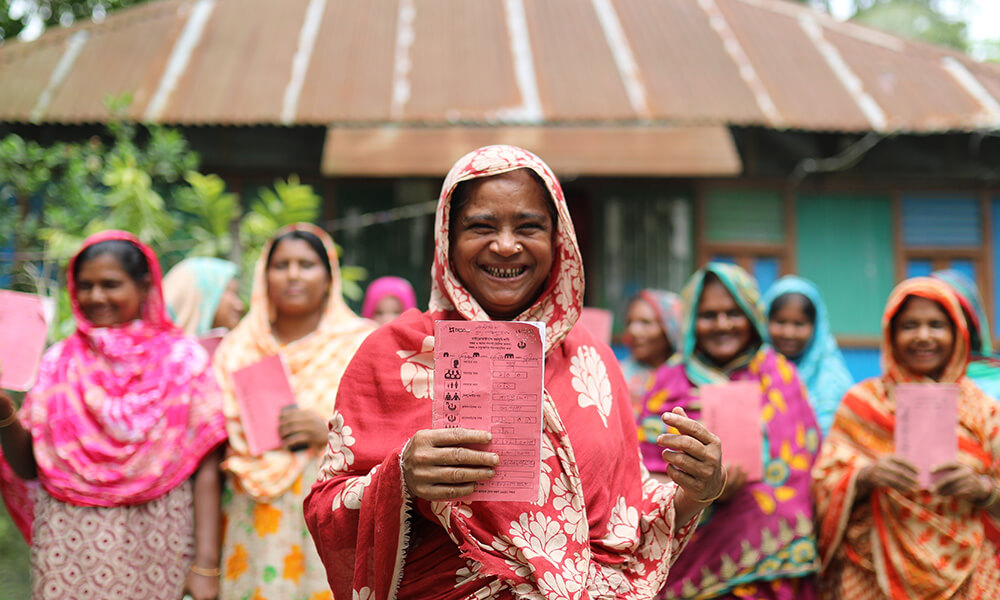

Global Media Campaign Report: Anti-FGM Campaign
504
72%
52%
In 2021, we worked with the Global Media Campaign to End FGM to better understand the impact of national media campaigns on household decision-makers on female genital mutilation (FGM) in Mali. We surveyed 504 respondents, nearly all the main decision-makers in their households.
“I have learned so much through radio that Female Genital Mutilation can cause more damage to a woman’s health, which is why I am educating those around me.”
– Female, 24
The study found that nearly three quarters of respondents do not believe FGM is necessary and would not carry out FGM on their daughters. A gendered difference in results was clear, with 79% of women not likely to carry out FGM compared to men (66%). Among those who believed FGM is necessary, an average of 42% believed it was due to cultural requirements.
The influence of media on these results was clear. Media influenced almost 9 in 10 respondents who had discussions around FGM, with media having a slightly bigger influence on women than men. Respondents considered religious leaders and healthcare providers as the most important influencers, with impact to health being the most common topic amongst influencers. The majority of respondents had access to TVs, social media, and radio.
To learn more about the results of the study, click below to read the report.
